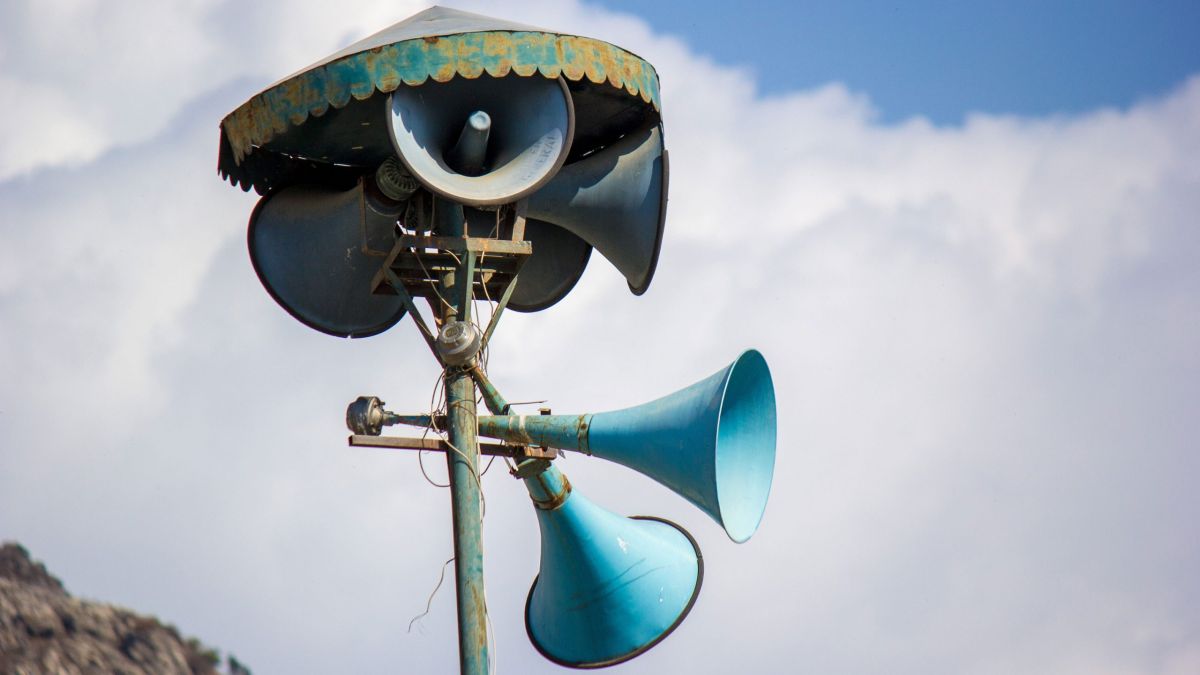The Prerequisites of the Adhān and the Iqāmah
Imām Muḥammad ibn Ṣāliḥ al-ʿUthaymīn


Calling the adhān and the iqāmah is obligatory for all five prayers, whether they are performed at their proper times or afterwards. The evidence of this is that when the Prophet (صلى الله عليه وسلم) and his companions missed Ṣalāh al-Fajr due to sleep and did not awaken until after sunrise, he still ordered Bilāl to call the adhān and the iqāmah.1 This proves that they are both obligatory. Also, the encompassing saying of the Prophet (صلى الله عليه وسلم): “If the time for ṣalāh arrives, then let one of you call the adhān.”2 This statement encompasses the beginning of its appointed time to even after the time for that ṣalāh has arrived.
If, however, a people are in a town in which the adhān for ṣalāh has already been called, for example they are all in one room and collectively miss Fajr due to oversleeping, then it is not obligatory upon them to call the adhān and the iqāmah when they awaken as the general adhān for that town has already sounded. This is because there is sufficiency in that general adhān that was called for that town and with it the obligatoriness of the adhān have been fulfilled. They should, however, still call the iqāmah [before praying].
In our saying: “the five prayers”, we mean as long as none of them are being combined. If they are, then one adhān is sufficient for two ṣalāhs, but each should have its own iqāmah.
In summary, the obligatoriness of the adhān and the iqāmah requires several prerequisites according to the Ḥanbalī madh`hab:
- The people calling it must be men.
- They should be residents.3
- They should call it for the five prayers.4
- It should be called at the beginning of its time.5
- It should be called for a congregation. As it is sunnah with respect to the one who is by himself. The evidence of this is that it has been narrated that the one who herds his flock and calls the adhān at the time for prayer will be forgiven by Allāh.6 This proves that it is recommended for the person who is by himself to call the adhān, but that it is not obligatory.
Endnotes:
[1] Authentic: narrated by Muslim: 680.
[2] Authentic: narrated by al-Bukhārī: 11 and Muslim: 292.
[3] It is obligatory on both the resident and the traveller as clarified in the article: ‘Is Calling the Adhān and the Iqāmah Obligatory When Travelling?’
[4] Unless one is combined to another as aforementioned.
[5] Obligatory both at the beginning of its time and afterwards, as aforementioned.
[6] Referencing the ḥadīth narrated by ʿUqbah ibn ʿĀmir (رضي الله عنه) who said: I heard the Messenger of Allāh (صلى الله عليه وسلم) say: “Your Lord likes the shepherd of sheep who finds himself at the very tip; apex of a mountain, he calls the adhān and prays. Allāh—the Exalted in Majesty—says: ‘Look at this servant of mine! He calls the adhān and the iqāmah for ṣalāh while fearing Me. I have forgiven my servant and allowed him to enter Paradise.” Narrated by Abu Dāwūd 1:188 and al-Nasāʾī 1:108. Graded authentic by Shaykh al-Albānī in Jāmiʿ Turāth al-ʿAllāmah al-Albānī 2:365-366.
Source: Al-Sharḥ al-Mumtiʿ 2:46-47
Translated by: Riyāḍ al-Kanadī

















